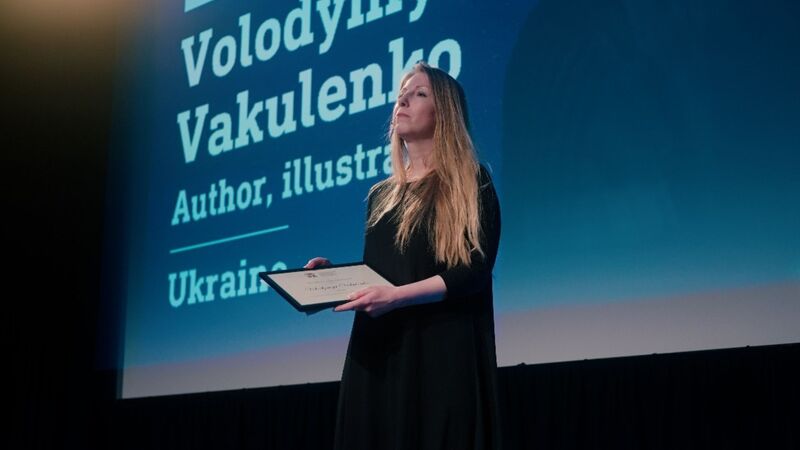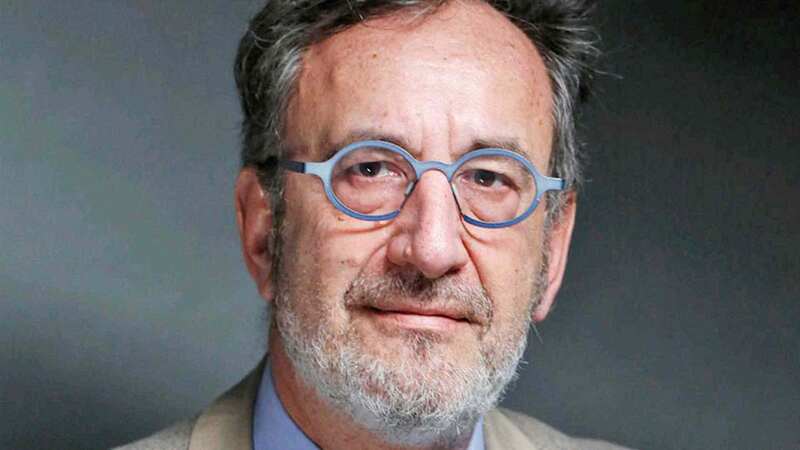You are viewing your 1 free article this month. Login to read more articles.
Shareholders to challenge Pearson strategy at a.g.m
Pearson is reportedly exploring the sale of its cloud-based business, GlobalEnglish Corp, less than four years after buying it, according to Sky News. The report comes ahead of Pearson's a.g.m tomorrow (29th April), where a segment of Pearson's shareholders are demanding change in the business's trajectory under c.e.o. John Fallon.
Sky has reported the decision to dispose of GlobalEnglish Corp, bought for $90m in 2012, to the "wider strategic overhaul" taking place under c.e.o. John Fallon, and because it is "not core to its turnaround efforts". Fallon was responsible for the disposal of both the FT and the Economist, and has been under increasing pressure after shares slumped towards the end of last year. Pearson has declined to comment.
The news comes ahead of Pearson's a.g.m tomorrow, at which shareholders are due to vote on a "resolution” put forward by a coalition of unions which seeks "a business strategy review” of the company, citing the “significant" drop in Pearson share price between April and December 2015 as evidence of a "crisis of confidence”.
The coalition, which represents 40,000 voting shares out of 821m, includes the UK's National Union of Teachers (NUT), Unison, the Chicago Teachers Pension Fund, Trade Union Fund Managers and 130 individual shareholders. The group originally put forward the motion in December, with Dave Prentis, general secretary of Unison, saying the union would be raising "serious concerns" at the general meeting, after accusing the company of putting "too many of its eggs in the US testing basket" at risk of "gambling away the current and future pensions of hardworking public sector employees".
“Rather than continue to focus the business on politically poisonous high stakes testing, and axing the jobs of thousands of employees, c.e.o John Fallon should be conducting a wholesale reassessment of Pearson’s strategic vision,” he has said.
Randi Weingarten of the American Federation of Teachers, the national affiliate of the Chicago Teachers Union, added: “This resolution is about creating a better, more profitable, more economically sustainable firm that works to advance public education in a spirit of collaboration. If maintaining the status-quo is the answer, the Pearson board is asking the wrong question.”
However, David Reynolds, an analyst for Jefferies International, told The Bookseller he thought the resolution was "nonsense" and that it should be "an irrelevance to how Pearson behaves".
He said the coalition organised a conference call for analysts last Thursday (22nd April) which was "completely confused" about what was going on at the company and why. "Bascially in short they're blaming Pearson for a shift [in the market] related to overtesting our kids. [But Pearson] meet a market demand. Pearson has kind of dropped lots of balls by doing it slightly amateursishly from time to time and making mistakes - but what you can't do is point the finger at Pearson and say 'you are the devil incarnate'."
He added: "They own a tiny amount of shares and I really don't know what their motive is."
Ian Whittaker, an analyst at Liberum Capital, had also been invited to a conference call last week by the coaltiion shareholders. "Anecdotally it doesn't seem to have too much impact on what people are thinking about the stock," he said. "They don't have a huge shareholding in the company, so, asking are they going to force this resolution through, the answer seems to be 'no'."
He added: "I don't think it'll get passed - the issue for Pearson management is more the fact of someone standing up at the a.gm and questionning its strategy."
In January, Pearson issued a profit warning and announced cost-cutting measures, axeing 4,000 jobs including around 500 UK jobs as part of "decisive action" to save the company £250m in 2016 and a further £100m in 2017.
















